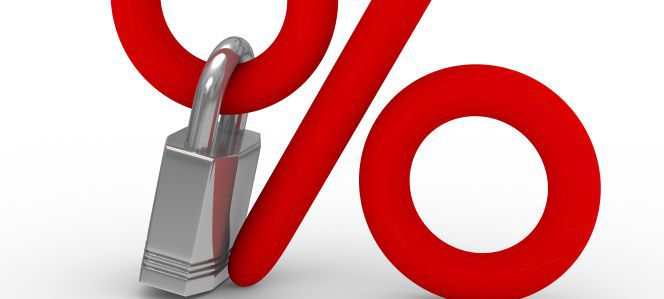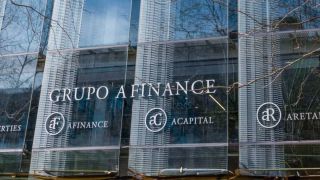
If you are negotiating a mortgage, is the fixed or variable rate better?
Banks have increased the supply of loans with stable interest rates to guarantee their margins. They are more expensive than those attached to the Euribor, but they have advantages.
Banks have increased the supply of loans with stable interest rates to guarantee their margins. They are more expensive than those linked to the Euribor, but they have advantages
Mortgages, as a rule, may have a variable or fixed interest rate.
In the variable, in their overwhelming majority, they are linked to the Euribor. This indicator fluctuates. And the customers will pay the interest that marks added to a differential imposed on them by the bank. In other words, whoever hires a mortgage to +1, will pay interest of 1% more than the Euribor indicates. Normally (this is fixed by contract) the entity revises the interest of the loan each year, and will use as reference the level at which the Euribor is in the month of the review. Thus, the client only knows how much he will pay accurately each month in the horizon of one year and throughout the life of the mortgage, the interests are changing.
In fixed mortgages, the client and the bank agree on a stable interest for the life of the loan. In exchange for such security in installments, the interest rates applied are generally higher than the interest rates at that time indicate.
Banks move in a low interest rate lending environment, because the European interest rate, the euríbor closed in twelfth month in negative. That is to say, on the differential established by each bank, the euribor adds nothing. Thus, the need for financial institutions to protect their margins pushes them to bet on mortgages at fixed rates, which are not affected by what the European index does.
The offer found the demand and the figures in this sense are meridian: if 76.6% of the mortgages that were set up in June last year used a variable interest rate, compared to the fixed rate of 23.4%, only five Months later, in November, this second modality already characterized 31.8%, according to the latest data available from the INE.
Not only the interest rate makes a mortgage good or bad, but this valuation depends on the characteristics of the debtor.
Source: El País
- Featured news
-
Consigue tu hipoteca ideal con ayuda experta y mejores condicionesAugust 11th 2025
-
 Incorporamos a Carlos Martín como nuevo Director de nuestra oficina de Barcelona en aFinanceSeptember 19th 2024
Incorporamos a Carlos Martín como nuevo Director de nuestra oficina de Barcelona en aFinanceSeptember 19th 2024 -
 Las finanzas bajo el foco con nuestro Director NacionalSeptember 12th 2024
Las finanzas bajo el foco con nuestro Director NacionalSeptember 12th 2024 -
 En aFinance participamos en el Evento ‘Comunicación Eficaz’ en Roca Barcelona GalleryMay 25th 2024
En aFinance participamos en el Evento ‘Comunicación Eficaz’ en Roca Barcelona GalleryMay 25th 2024 -
 En aFinance, nos complace anunciar la incorporación de Patricia Marqués como Coach EjecutivaMay 23rd 2024
En aFinance, nos complace anunciar la incorporación de Patricia Marqués como Coach EjecutivaMay 23rd 2024 -
 En aFinance hemos superado los 1.150 millones de euros en valor de transacciones durante 2023May 3rd 2024
En aFinance hemos superado los 1.150 millones de euros en valor de transacciones durante 2023May 3rd 2024






